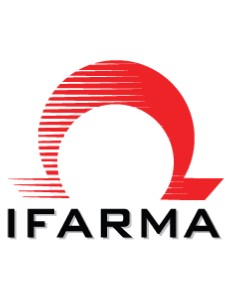
Fundacion IFARMA
Joined March 2019
Fundacion IFARMA is a non-profit organization that develops research, consulting and activism activities, focused on guarantee of the right to health and access to essential medicines
Fundacion IFARMA was created as a result of the meeting of a group of people, that from different institutional positions had been promoting a pharmaceutical policy project that found a successful articulation with the health reform of 1993 in Colombia. This group develops a close relationship with the process of creation of companies that aimed to meet the provisions on medicines of Law 100 of 1993 and in particular to build a response to the supply needs of medicines in the health system. They are just representatives of those institutions and companies who meet on August 30, 2001 and carry out the constitution assembly of the IFARMA Foundation, approve their bylaws and make the donation that is constituted in the initial capital.
IFARMA was created to promote debate, analysis and research on all issues related to medicine, with the purpose of generating and innovating lines of action and development, for which it seeks and promotes joint action with national and international organizations that have similar objectives, communicating and disseminating the knowledge generated by its actions. IFARMA aims to contribute to the social and economic growth of Colombia and other countries, through specialized work in research, improvement and development of aspects related to the formulation and implementation of policies, administration, management and proper use of medicines in particular and health and social security in general.
During the 18 years of work, IFARMA has been dedicated to the development of research and consulting projects about pharmaceutical policies, including issues such as access to medicines, intellectual property (patents, compulsory licenses) understanding the access to essential medicines a fundamental part of the Right to Health. The main activities on this issue are the requirement of compulsory licensing for high-priced medicines, working together with 22 Civil Society Organizations based in 14 cities of the country.
